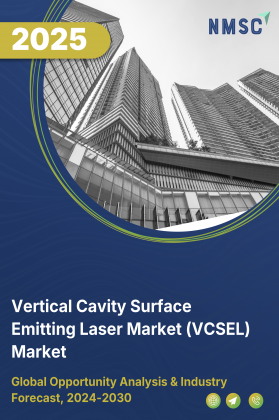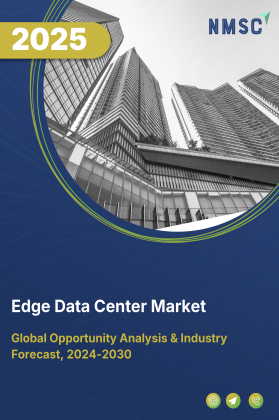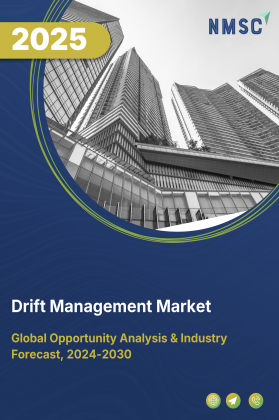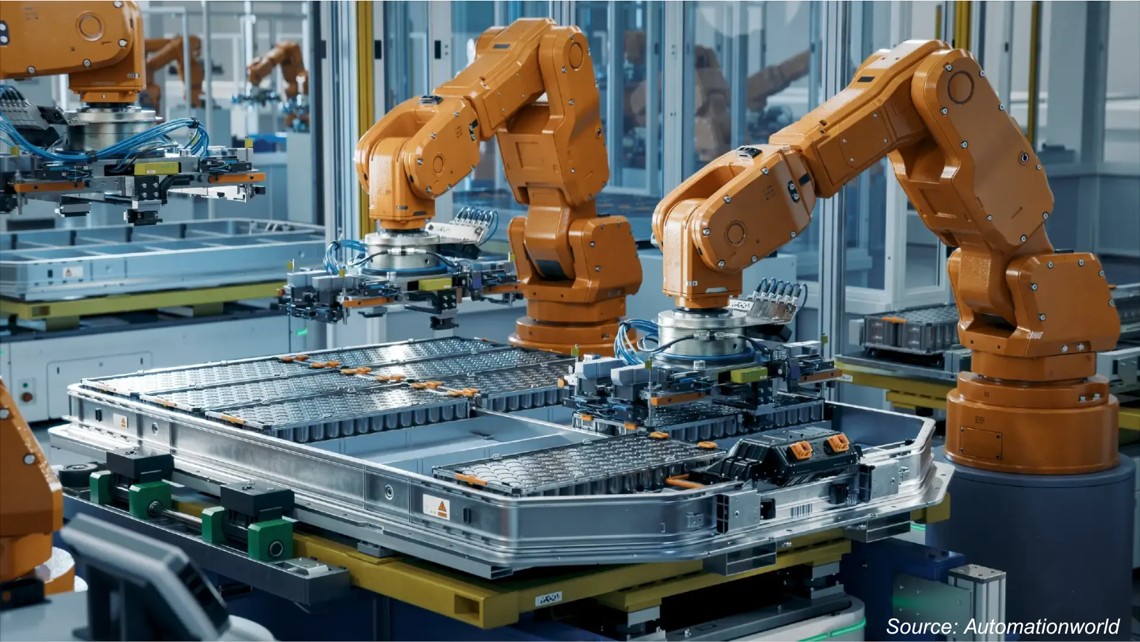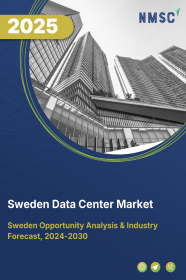
Sweden Data Center Market by Infrastructure (Hardware, Software, and Services), by Type (Enterprise Data Centers, and others), by Data Center Rating (Tier I, and others), by Size (Small Data Centers, and others), by Power Capacity (<0.01 GW, 0.01-0.05 GW, 0.05-0.1 GW, 0.1-0.5 GW, and >0.5 GW), by Server Rack Density (<10kW, and others), by Data Center Redundancy (N+1, and others), by PUE Outlook (Less than 1.2, and others), and Others - Opportunity Analysis and Industry Forecast, 2024–2030
Industry: ICT & Media | Publish Date: 03-Nov-2025 | No of Pages: 146 | No. of Tables: 166 | No. of Figures: 111 | Format: PDF | Report Code : IC2430
Sweden Data Center Market Overview
The Sweden Data Center Market size was valued at USD 3.56 billion in 2023, and is predicted to reach USD 8.85 billion by 2030, at a CAGR of 13.9% from 2024 to 2030. The data center market, alternatively referred to as the network infrastructure market, encapsulates the comprehensive lifecycle of specialized infrastructure tailored to accommodate computing systems, spanning from planning and construction to operation and maintenance.
It encompasses a diverse array of components such as servers, storage systems, and networking gear, delivering a spectrum of services including cloud computing and connectivity solutions. Presently, the industry is witnessing widespread adoption of cloud services, coupled with the emergence of edge computing to mitigate latency issues.
Key trends within this domain encompass a heightened emphasis on sustainability, augmented concerns regarding cybersecurity, the amalgamation of hybrid and multi-cloud strategies, and the transformative influence of 5G networks.
These trends underscore the industry's proactive response to address the burgeoning demand for scalable, efficient, and secure data processing and storage solutions amidst the ongoing digital revolution. With projections from the United States International Trade Commission indicating significant growth, from USD 56 billion in 2020 to USD 90 billion by 2025, the data processing and storage market manifests substantial potential for expansion and innovation in the coming years.
Emergence of Data Center Start-ups Boosts the Sweden Data Center Market Growth
Sweden’s data center sector is witnessing accelerated growth, fueled by the rise of agile, innovation-driven start-ups entering the market. These emerging players are contributing fresh ideas, sustainable operating models, and regionally focused solutions that complement the larger hyperscale ecosystem. Leveraging Sweden’s renewable energy abundance and favorable regulatory environment, these companies are rapidly expanding capacity and developing infrastructure to meet the increasing demand for cloud, AI, and edge services.
Many of these start-ups are focusing on niche capabilities, such as high-efficiency cooling, modular construction, and localized data processing for compliance with EU data sovereignty regulations. Their strategies combine cutting-edge technology with sustainability principles, positioning Sweden as a frontrunner in next-generation digital infrastructure. This dynamic start-up activity is helping diversify the market and drive investment interest from both domestic and international stakeholders.
Government Initiatives Driving the Sweden Data Center Market Growth
Sweden’s data center market is experiencing strong momentum, supported by proactive government measures designed to attract investment and accelerate infrastructure development. A key driver is the Reduced Energy Tax policy, which offers significantly lower electricity tax rates for qualifying data center operators. This initiative specifically targets network infrastructure and aims to enhance Sweden’s competitiveness as a hub for high-capacity, sustainable data processing.
Eligibility for these benefits requires compliance with rigorous energy efficiency and environmental performance benchmarks, ensuring that growth aligns with the country’s long-term sustainability objectives. By linking incentives to green operational standards, the government is fostering an investment climate that encourages both domestic and international players to expand in Sweden. These policies not only strengthen market demand but also position the nation as a leader in environmentally responsible digital infrastructure.
High Initial Investment Challenges the Market Growth
Despite its growth trajectory, the Sweden data center market faces challenges linked to high capital expenditure requirements. Building large-scale, compliant facilities involves significant upfront costs for land acquisition, power provisioning, cooling systems, and network connectivity. For new entrants and smaller operators, these financial barriers can slow market penetration and limit competitive diversity.
In addition to capital intensity, operators must contend with strict environmental compliance standards, which require continuous upgrades to maintain energy efficiency and reduce carbon emissions. While these regulations align with Sweden’s sustainability goals, they also increase the cost and complexity of operations, particularly for those lacking scale advantages. As a result, access to funding and strategic partnerships remains critical for overcoming these market entry hurdles.
Integration of Edge Computing Presents Lucrative Opportunity for Market Expansion
The growing adoption of edge computing is unlocking new opportunities for Sweden’s data center market. By processing data closer to the point of generation, edge infrastructure reduces latency, enhances real-time analytics capabilities, and supports advanced applications in sectors such as IoT, autonomous systems, and immersive media. This distributed model reduces strain on central data centers and offers flexible deployment options for enterprises seeking localized solutions.
Edge computing also strengthens data security by enabling sensitive information to be processed locally, aligning with European data protection frameworks. As demand for low-latency, high-bandwidth services continues to grow, investment in edge-enabled infrastructure is expected to accelerate. This shift is creating room for both established providers and emerging players to expand service portfolios and capture value in an evolving digital ecosystem.
Competitive Landscape
The key market players operating in the Sweden data center industry include Digital Realty, Equinix, Microsoft, STACK Infrastructure, atNorth, EcoDataCenter, ConaptAB, Bahnhof, GleSYS, Google Cloud, AWS, Ember AB, High Sec Hosting (HSDC AB), BinerGroup, T. Loop and others.
Sweden Data Center Market Key Segments
By Infrastructure
-
Hardware
-
IT Hardware
-
Servers
-
Storage Systems
-
Networking Equipment
-
-
Power Infrastructure Hardware
-
Uninterruptible Power Supplies (UPS)
-
Generators
-
Automatic Transfer Switches
-
Power Distribution Units (PDUs)
-
-
Mechanical Infrastructure Hardware
-
Computer-Room Air Conditioners (CRAC/CRA Units)
-
Chillers
-
Racks
-
Cable Management Systems
-
-
Safety & Security Hardware
-
Fire Suppression Systems
-
Physical Security Systems (CCTV, access controls)
-
-
-
Software
-
DCIM & Monitoring
-
Automation & Orchestration
-
Backup & Disaster Recovery
-
Security Software
-
Virtualization Software
-
Analytics & Reporting Software
-
Other Software
-
-
Services
-
Planning & Professional Services
-
Site & Building Design
-
System/Infrastructure Engineering
-
Professional Advisory (compliance, energy audits)
-
-
Integration & Deployment Services
-
Electrical & Mechanical Installation
-
Commissioning & Acceptance Testing
-
-
Operation & Support Services
-
Preventive & Corrective Maintenance
-
Facilities Management / Remote Monitoring
-
Support Services (helpdesk, onsite SLA support)
-
-
Hosting & Managed Services
-
Colocation & Cloud Hosting Services
-
Virtual/Private Hosting Platforms
-
-
By Type
-
Enterprise Data Centers
-
Colocation Data Centers
-
Cloud Data Centers
-
Hyperscale Data Centers
-
Edge Data Centers
-
Micro Data Centers
-
Others
By Data Center Rating
-
Tier I
-
Tier II
-
Tier III
-
Tier IV
By Size
-
Small Data Centers
-
Med-sized Data Centers
-
Large Data Centers
By Power Capacity
-
<0.01 GW (Small)
-
0.01-0.05 GW (Medium)
-
0.05-0.1 GW (Large)
-
0.1-0.5 GW (Hyperscale)
-
>0.5 GW (Mega-campus)
By Server Rack Density
-
<10kW
-
10-19kW
-
20-29kW
-
30-39kW
-
40-49kW
-
>50kW
By Data Center Redundancy
-
N (No Redundancy)
-
N+1 (Single-fault tolerant)
-
N+2 (Dual-fault tolerant)
-
2N (Full duplication)
-
2N+1 (Concurrently maintainable + extra spare)
-
3N/2N+2 (Multi-backup fault tolerant)
By PUE Outlook
-
Less than 1.2
-
1.2 - 1.5
-
1.5 - 2.0
-
Greater than 2.0
By Design Outlook
-
Traditional
-
Containerized
-
Modular
By End User
-
Cloud Service Provider
-
Technology Provider
-
Telecom
-
Healthcare
-
BFSI
-
Retail & E-commerce
-
Entertainment & Media
-
Government
-
Energy
-
Others
Key Players
-
Digital Realty
-
Equinix
-
Microsoft
-
STACK Infrastructure
-
atNorth
-
EcoDataCenter
-
ConaptAB
-
Bahnhof
-
GleSYS
-
Google Cloud
-
AWS
-
Ember AB
-
High Sec Hosting (HSDC AB)
-
BinerGroup
-
T. Loop
Report Scope and Segmentation
|
Parameters |
Details |
|
Market Size in 2023 |
USD 3.56 Billion |
|
Revenue Forecast in 2030 |
USD 8.85 Billion |
|
Growth Rate |
CAGR of 13.9% from 2024 to 2030 |
|
Analysis Period |
2023–2030 |
|
Base Year Considered |
2023 |
|
Forecast Period |
2024–2030 |
|
Market Size Estimation |
Billion (USD) |
|
Growth Factors |
|
|
Companies Profiled |
15 |
|
Market Share |
Available for 10 companies |
|
Customization Scope |
Free customization (equivalent up to 80 working hours of analysts) after purchase. Addition or alteration to country, regional, and segment scope. |
|
Pricing and Purchase Options |
Avail customized purchase options to meet your exact research needs. |

















 Speak to Our Analyst
Speak to Our Analyst



